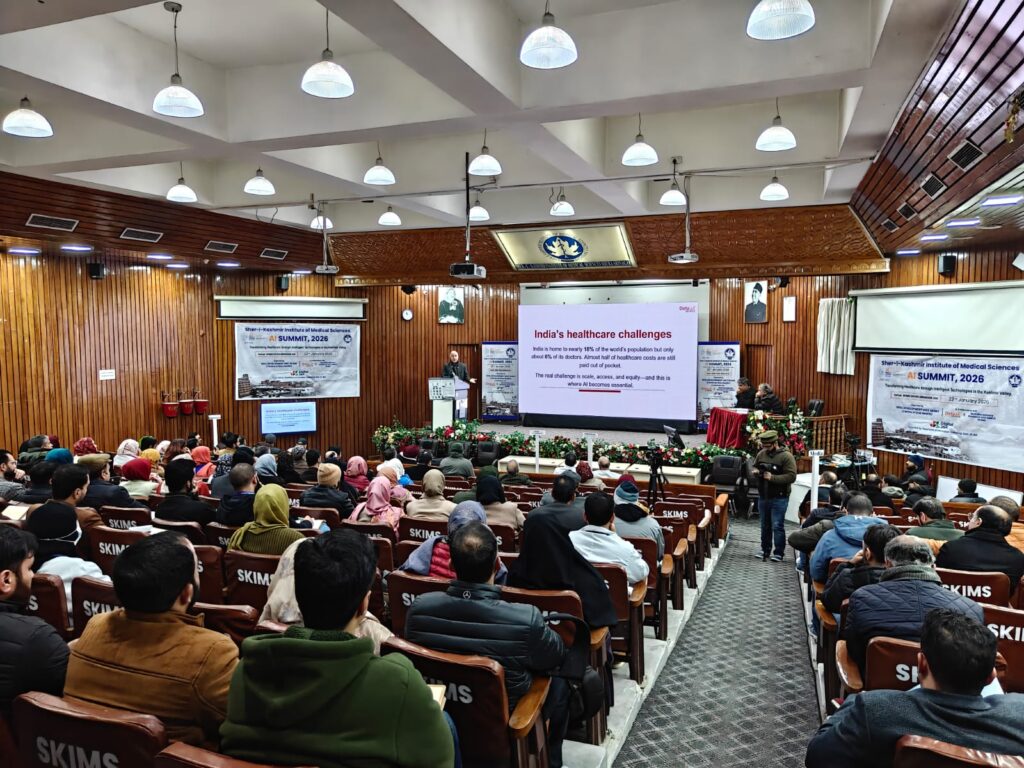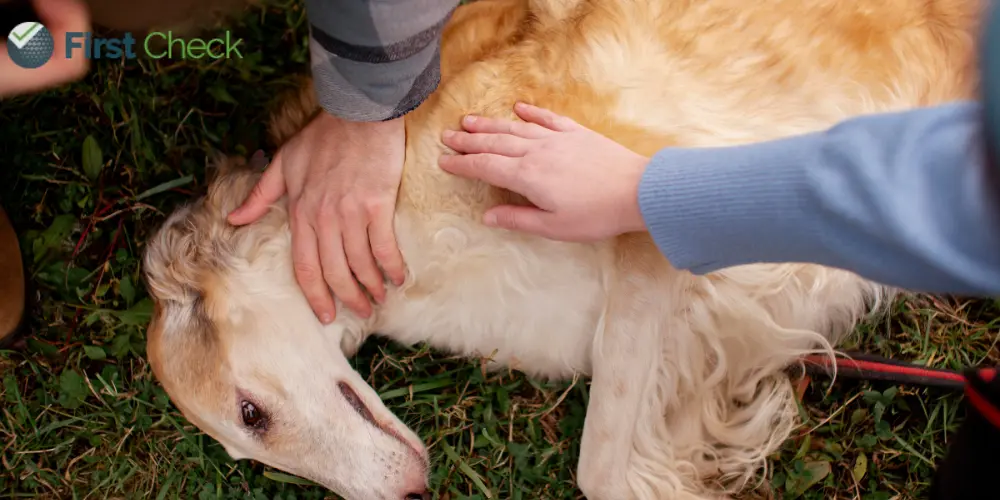US military’s anti-vax campaign targeted Muslims to undermine China during pandemic: Report
Author
Author
- admin / 2 years

- 0
- 3 min read

Author
A key part of the strategy was to amplify the disputed contention that, because vaccines sometimes contain pork gelatin, China’s shots could be considered forbidden under Islamic law, reveals Reuters investigation.
The fact that vaccine misinformation thrived during the COVID-19 pandemic is well established. The latest investigation by the Reuters news agency reveals how the United States used religion to cause unnecessary fear and distrust among people regarding the COVID-19 vaccines.
According to the Reuters investigation, the US military launched a secret campaign to counter what it perceived as China’s growing influence in the Philippines, a nation hit especially hard by the deadly virus. The US military’s anti-vax effort began in the spring of 2020 and expanded beyond Southeast Asia before it was terminated in mid-2021, Reuters said.
Tailoring the propaganda campaign to local audiences across Central Asia and the Middle East, the Pentagon used a combination of fake social media accounts on multiple platforms to spread fear of China’s vaccines among Muslims at a time when the virus was killing tens of thousands of people each day. A key part of the strategy: amplify the disputed contention that, because vaccines sometimes contain pork gelatin, China’s shots could be considered forbidden under Islamic law.
Although the Chinese vaccines were still months from release, controversy roiled the Muslim world over whether the vaccines contained pork gelatin and could be considered “haram,” or forbidden under Islamic law. Many Islamic religious authorities maintained that even if the vaccines did contain pork gelatin, they were still permissible since the treatments were being used to save human life.
The Pentagon campaign sought to intensify fears about injecting a pig derivative. As part of an internal investigation at X, formerly Twitter, the social media company used IP addresses and browser data to identify more than 150 phony accounts that were operated from Tampa by US Central Command and its contractors, according to an internal X document reviewed by Reuters.
The clandestine operation, the Reuters said, has not been previously reported. It aimed to sow doubt about the safety and efficacy of vaccines and other life-saving aid that was being supplied by China, the investigation found. Through phony internet accounts meant to impersonate Filipinos, the military’s propaganda efforts morphed into an anti-vax campaign. Social media posts decried the quality of face masks, test kits and the first vaccine that would become available in the Philippines – China’s Sinovac inoculation.
“COVID came from China and the VACCINE also came from China, don’t trust China!” one tweet from July 2020 read in Tagalog. Reuters identified at least 300 accounts on X, that matched descriptions shared by former U.S. military officials familiar with the Philippines operation. Almost all were created in the summer of 2020 and centered on the slogan #Chinaangvirus – Tagalog for China is the virus.
After Reuters asked X about the accounts, the social media company removed the profiles, determining they were part of a coordinated bot campaign based on activity patterns and internal data. You can read the full Reuters report here.
Read More : South Asian countries can support PPPs to introduce new antibiotics responsibly









